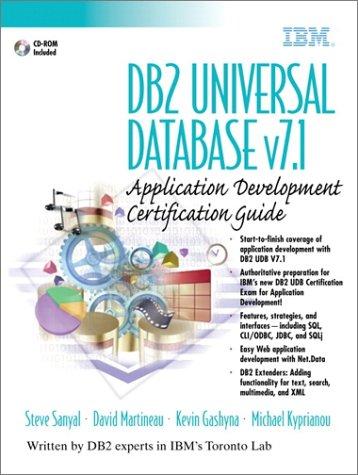Answered step by step
Verified Expert Solution
Question
1 Approved Answer
Given f:R->R and g:R->R , we define the sum f+g by (f+g)(x)= f(x)+g(x) and the product fg by (fg)(x)=f(x)*g(x) for all xinR . Find counterexamples
Given
f:R->Rand
g:R->R, we define the sum
f+gby
(f+g)(x)=
f(x)+g(x)and the product
fgby
(fg)(x)=f(x)*g(x)for all
xinR. Find counterexamples for the following.\ (a) If
fand
gare bijective, then the sum
f+gis bijective.\ (b) If
fand
gare bijective, then the product
fgis bijective.

Step by Step Solution
There are 3 Steps involved in it
Step: 1

Get Instant Access to Expert-Tailored Solutions
See step-by-step solutions with expert insights and AI powered tools for academic success
Step: 2

Step: 3

Ace Your Homework with AI
Get the answers you need in no time with our AI-driven, step-by-step assistance
Get Started


